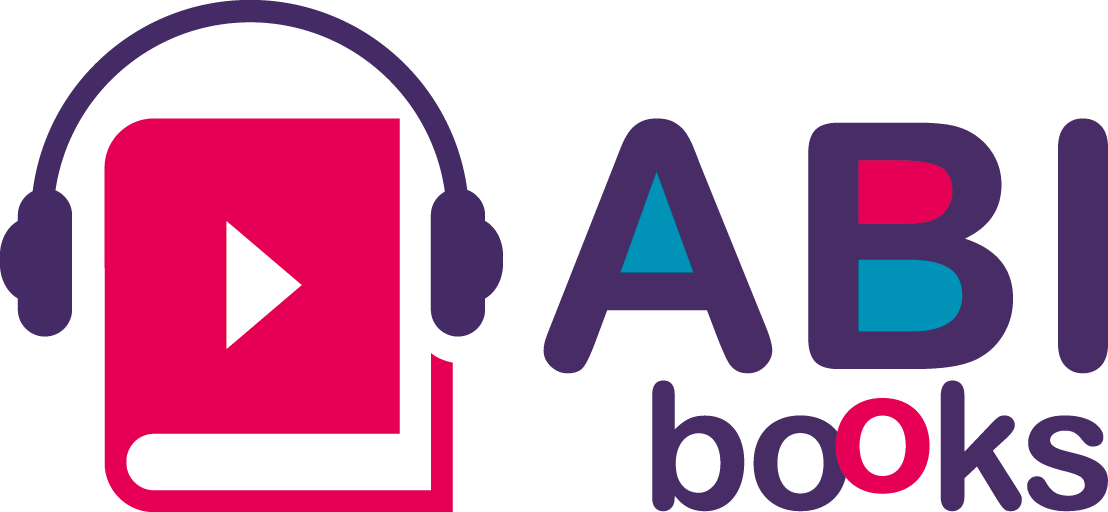Some children find logical and arithmetical difficulties when solving problems. They have acquired skills in arithmetical calculation but, some of them cannot apply the same operations in different contexts.
In primary school a crucial step in skill development is when the student can:
- solve easy problems in everyday situations;
- keep under control both the solution processes and the results;
- describe the solution process and identify as different the strategies proposed by the others.
Our reasoning ability can be trained even in everyday activities. Interacting with peers improves our ability to make associations and to compare our opinions and ideas with the others.
Any cognitive and practical activity involves logics as it leads to understand the nature of problems, to identify the right solution in every field of knowledge.
School is expected to plan strategies, activities and provide tools to lead children to “THINK”, to “DO” and to “SOLVE” problems in any context.
Digital books (DB) are an important resource to help children building their own knowledge. DB are the result of the interconnection among different abilities (learning by error and trial).
Children are the key-players and organizers of their e-books which are open-learning settings. Umberto Eco says: “All art works are open” meaning that they all require an interaction with end-users.
How to structure a digital book that enables children to work autonomously?
Activities must be structured by increasing difficulty. This method allows to improve the 4 basic skills:
- Visual
- Sorting and classifying
- Logical and deductive
- Spatial orientation
The digital book approach alone, however, does not seem to be exhaustive because learning is always linked to children’s feelings and emotions which are the reason why storytelling becomes fundamental. The possibility of identifying with a character, of creating spaces to move around and of overcoming difficulties can make learning a captivating and stimulating adventure.
How can we achieve this?
By means of storytelling.
This planning skill enables children to apply concretely computational thinking which transforms it into an educational tool.
Coding offers the opportunity to improve reasoning, to stimulate fantasy and creativity.
Coding is a fundamental instrument to raise metacognitive awareness which allows students to visualise their logical processes.
To conclude, DBs open up the possibility to explore logical processes (quite unusual in primary school) with the aim of improving the problem solving skills.
